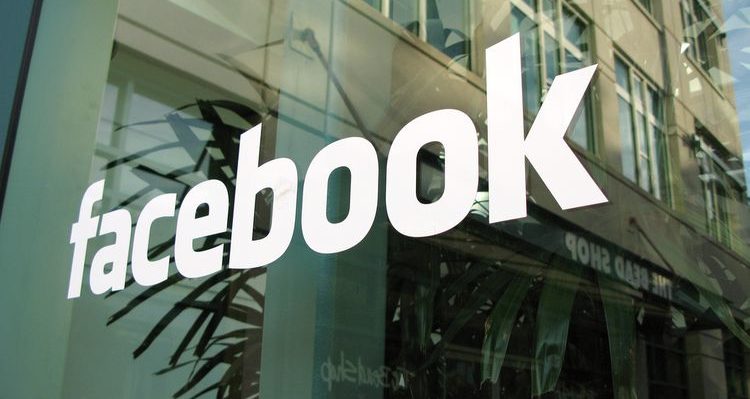
Photo Credit: Google Images
Right now, social media companies like Facebook and Twitter would probably rather not be involved in any more controversies. But there’s another one lurking on the horizon that could become mainstream news before the start of the summer. That’s because, at the end of March, the U.S. State Department announced that it plans to start requesting a list of all social media identities used over the past five years from anyone applying for a U.S. visa. The public has 60 days to comment, and after that, this new rule could become the new normal.
The pros and cons of using social media to vet visa applicants
You can immediately see why this is potentially so controversial. On one hand, you have the Trump Administration, which claims that this is a way to implement “extreme vetting” of anyone seeking to enter the United States. The goal, of course, is to beef up the nation’s defenses in the war against terror. After all, couldn’t some radical Jihadi terrorist try to enter the U.S. for nefarious reasons? If we could just see what kind of stuff he (or she) was posting on Facebook, the thinking goes, maybe we could avoid problems altogether. Just ask our allies in France, the UK, Belgium or Germany – all of them have been hit hard by Islamic terrorists making their way into Europe.
On the other hand, of course, this could be deeply unsettling on privacy grounds. Would you like it if the government started to read through all your tweets? What happens if you make an offhand joke that gets taken out of context (e.g. a joke about how your last client presentation “bombed”), and all of a sudden, there are men in black showing up at your door and asking you questions. Nobody wants that. So, no surprise here, but the ACLU has become one of the most outspoken critics of the new initiative, saying that it would have a chilling effect on free speech.
And, let’s be honest here, even if you’re the most ardent Trump fan, you have to admit that there’s something distinctly un-American about making it harder for some types of people to get visas than for others. Presumably, this “extreme vetting” is going to have the heaviest impact on people from Muslim-majority nations, while people from nations like Norway will pretty much get a free pass. Moreover, it’s easy to speculate that even completely benign activities – such as posting photos on Instagram of a Koran – might raise the suspicion of U.S. State Department officials and, quite possibly, could be sufficient grounds for a visa denial.
Will Facebook get involved?
So the big question here is whether the big social media companies – and especially Facebook – are going to do anything about it. We all know that the biggest companies have huge lobbying efforts in Washington when it comes to matters that impact their bottom line. But do they have the time, resources and willingness to take on another fight, this time with no clear financial incentives in mind? In other words, it makes sense to pay a lobbying firm $1 million to argue on behalf of Net Neutrality, but it’s not so clear if Facebook would lobby as actively on behalf of Facebook users worldwide who aren’t even U.S. citizens.
That’s really the question facing the big Silicon Valley tech companies – whether or not to get involved, or just to hope that nobody really notices. For example, think of the hoops that companies have to jump through in order to do business in China. (Yes, Google, we’re thinking about you) They don’t mind turning a blind eye to censorship as long as it means they can continue to make money.
So what’s going to happen in this potential battle over immigration? Until there’s a huge media scandal – something along the lines of the current Cambridge Analytica scandal – it’s easy to guess that they’ll be watching this one from the sidelines.